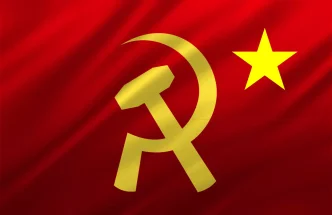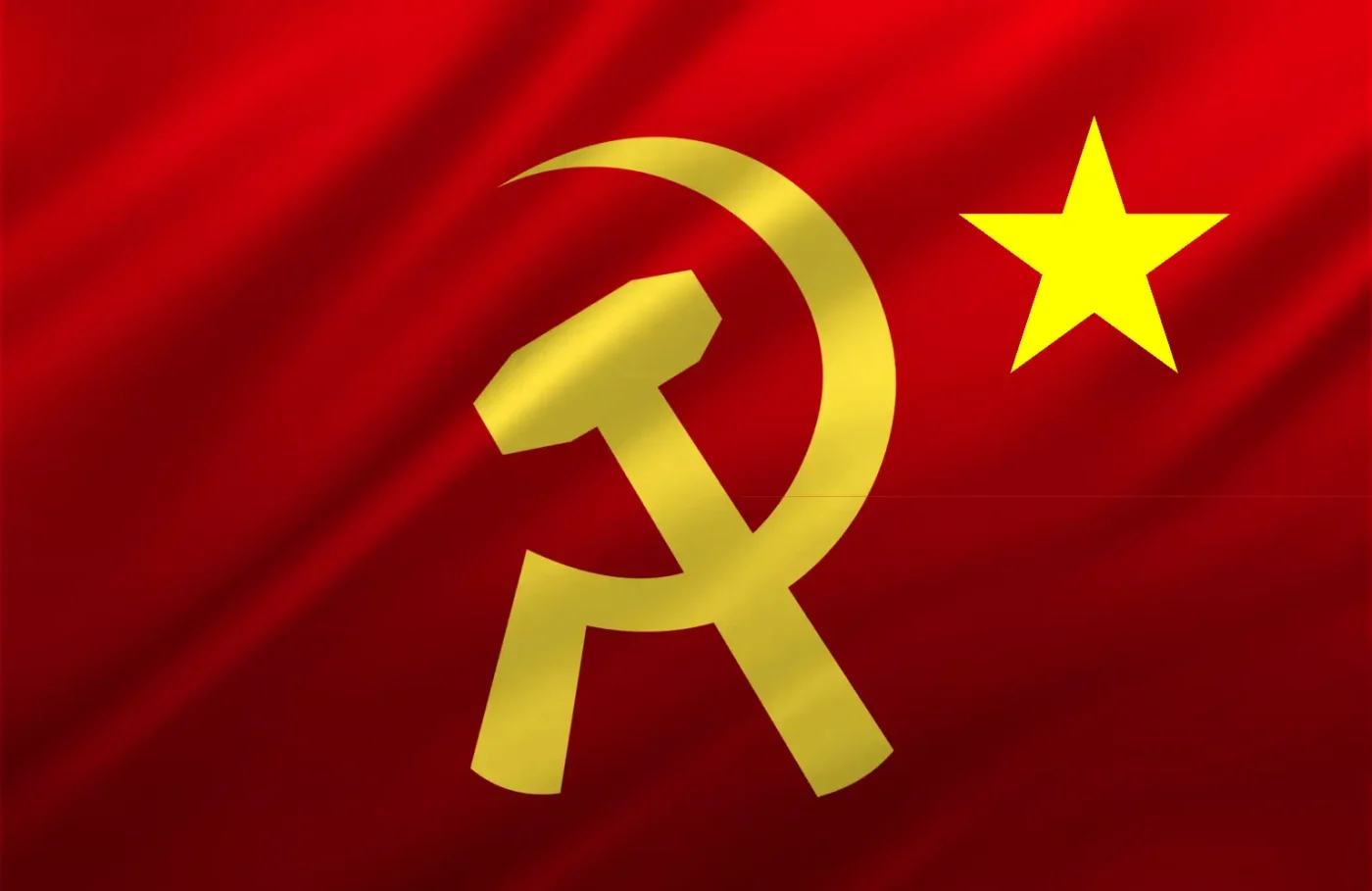By Jaxon Holt, South East Asia Correspondent
Vietnam’s General Secretary Tô Lâm arrived in Moscow to mark the 80th anniversary of Russia’s Victory Day and strengthen the Comprehensive Strategic Partnership, with energy cooperation emerging as a cornerstone of deepening ties. The three-day visit, at the invitation of President Vladimir Putin, celebrates 75 years of diplomatic relations and aims to boost trade and investment, particularly in oil, gas, and nuclear energy. As Vietnam targets $10 billion in bilateral trade by 2030, joint ventures like Vietsovpetro and Rusvietpetro underscore the sector’s role in economic growth. However, global sanctions and geopolitical tensions pose challenges to expanding this partnership.
Landing at Vnukovo 2 Airport, Tô Lâm and his wife Ngô Phương Ly were greeted by Russian Deputy Prime Minister Dmitry Chernyshenko and a red-carpet ceremony, followed by the national anthems of both nations. The visit, part of a four-nation tour including Kazakhstan, Azerbaijan, and Belarus, coincides with Vietnam’s 50th anniversary of national reunification and Russia’s commemoration of its World War II victory. Tô Lâm’s meetings with Putin and Prime Minister Mikhail Mishustin focused on energy, trade, and defense, aiming to remove investment barriers and foster cooperation in high-tech agriculture, logistics, and digital transformation. If successful, these talks could elevate bilateral trade from $4.6 billion in 2024 to new heights, though Western sanctions on Russia complicate progress.
Energy as a Strategic Pillar
Energy cooperation, notably in oil and gas, remains a bedrock of Vietnam-Russia relations. Vietsovpetro, a joint venture since 1981, and Rusvietpetro, operating in both nations, contribute significantly to Vietnam’s energy security and Russia’s regional influence. In 2024, energy projects accounted for a substantial share of the 26% trade growth, with negotiations underway to expand geological exploration and oil exploitation. Ambassador Đặng Minh Khôi emphasized nuclear energy as a priority, suggesting Russia could help Vietnam develop a full nuclear industry, potentially powering its 7% GDP growth target for 2025. Such ambitions, if realized, could position Vietnam as a regional energy hub, though financing and technology transfers face hurdles.
The Free Trade Agreement between Vietnam and the Eurasian Economic Union, signed in 2015, has slashed tariffs, boosting energy and industrial exports. Deputy Minister of Russian Economic Development Vladimir Ilichev noted robust trade growth despite global sanctions, with direct shipping routes from Vietnamese ports to Vladivostok and rail services from Hanoi to Moscow facilitating energy-related commerce. Tô Lâm’s talks with Mishustin explored local currency payments to bypass sanctions, a move that could stabilize trade if implemented effectively. However, Vietnam’s balancing act—maintaining ties with the US and China—limits its ability to openly defy Western restrictions.
Diplomatic and Historical Significance
The visit’s timing, aligning with the 80th anniversary of Russia’s Great Patriotic War victory, carries deep symbolic weight. Tô Lâm’s attendance at the Red Square parade, joined by a Vietnam People’s Army contingent, reflects Vietnam’s respect for Russia’s historical sacrifices against fascism. The gesture reinforces political trust, a foundation laid by Ho Chi Minh’s 1920s studies in Moscow and strengthened by Soviet support during Vietnam’s independence struggles. Mishustin’s warm greeting, addressing Tô Lâm in Vietnamese as “Chào Đồng Chí” (Hello Comrade), underscored the personal and historical bonds driving cooperation.
Tô Lâm’s meetings aim to build on recent high-level exchanges, including Putin’s June 2024 Hanoi visit and Mishustin’s January 2025 trip. These have cemented defense and security as pillars, with Russia supplying 80% of Vietnam’s arms imports historically, though diversification efforts are underway. The Inter-governmental Committee on Trade and Economic Cooperation, meeting annually, will prioritize energy and technology projects, with 2025 marking three decades since the 1994 Treaty on Friendly Relations. If political trust holds, Vietnam could leverage Russia’s expertise in nuclear and renewable energy, but geopolitical risks remain.
Opportunities and Challenges
Vietnam’s role as a gateway to ASEAN, coupled with Russia’s strategic partnership with the bloc, offers economic potential. The 2015 EAEU-Vietnam FTA has spurred investment, with Russian regions like Saint Petersburg and Tatarstan forging ties with Vietnamese provinces. Education and tourism also thrive, with 1,000 Russian scholarships for Vietnamese students and growing Russian tourist numbers. A proposed visa exemption and direct flights could further boost people-to-people exchanges, supporting economic ties. If trade reaches $10 billion by 2030, as targeted, energy will likely drive half the growth, per industry estimates.
Yet, challenges persist. Western sanctions on Russia, tightened in 2024, restrict financial transactions and technology transfers, impacting energy projects. Vietnam’s bamboo diplomacy, balancing relations with the US, China, and Russia, requires caution to avoid economic fallout. X posts reflect mixed sentiment: some praise Tô Lâm’s visit as a stand against Western isolation of Russia, while others criticize Vietnam’s alignment with a sanctioned state. Domestic priorities, including Vietnam’s 2026 Party Congress, may limit bold initiatives, as Tô Lâm consolidates power. If global tensions escalate, trade and energy goals could falter.
Regional and Global Context
Vietnam’s engagement with Russia contrasts with ASEAN peers like Singapore, which enforces sanctions, and Thailand, with slower growth. Kazakhstan and Azerbaijan, also visited by Tô Lâm, offer complementary energy partnerships, but Russia’s oil and gas expertise remains unmatched. Vietnam’s 6.3% GDP growth in 2024 and 7% target for 2025, per the World Bank, rely on energy security, making Russia’s role critical. The visit’s success could inspire deeper EAEU-ASEAN integration, aligning with Putin’s Greater Eurasian Partnership vision. Failure to navigate sanctions, however, risks stalling progress.
Tô Lâm’s presence in Moscow signals Vietnam’s commitment to a multipolar world, advocating for sovereignty and balanced global relations. As Mishustin noted, the partnership’s resilience amid global upheavals offers a model for cooperation. With energy at its core, Vietnam and Russia aim to turn historical ties into economic gains, provided they overcome external pressures.















